commentary Commentary
Commentary: ASEAN can do better on Myanmar this time
ASEAN was previously criticised for failing to effectively address Myanmar’s Rohingya crisis. Its track record on engaging Myanmar in past decades, however, suggests a stronger role for the multilateral grouping this time around following the coup this week, says RSIS’ Professor Tan See Seng.
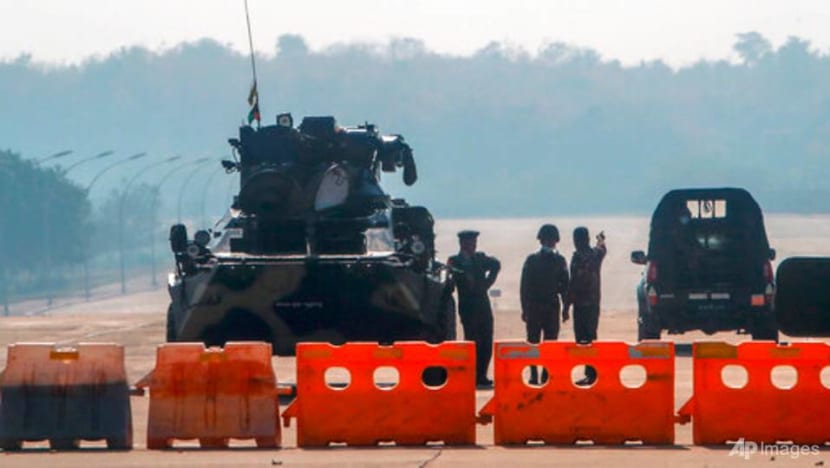
Myanmar's military stand guard at a checkpoint manned with an armoured vehicle in a road leading to the parliament building on Feb 2, 2021, in Naypyitaw, Myanmar. (Photo: AP)
SINGAPORE: On Monday (Feb 1), a day before Myanmar’s new Parliament would be sworn in, elected members of the National League for Democracy (NLD), including President Win Myint, State Counsellor Aung San Suu Kyi, Cabinet members and parliamentarians, were deposed by Myanmar’s armed forces.
The Tatmadaw justified Aung San Suu Kyi’s detention on an alleged possession of illegally imported walkie talkies.
While the motivations for the military takeover remain unclear, the Tatmadaw’s objective of preserving its central role in Myanmar’s politics cannot be ruled out.
READ: Commentary: Why a military coup cannot be the solution in Myanmar
The military had earlier alleged voter fraud in Myanmar’s general elections, insisting that there were up to 8.6 million irregularities in voter lists across Myanmar’s 314 townships.
This accusation was categorically rejected by the civilian-appointed Union Election Commission, which cited the lack of evidence in support of the Tatmadaw’s claims.
ASEAN’S STAND
With leaders around the world criticising Monday’s military takeover in Myanmar, what has ASEAN (Association of South East Asian Nations) – of which Myanmar is a member - done in response to the unfolding crisis so far, and what more can it do?
In the immediate aftermath of the coup, the varied responses from its member states suggested a divided ASEAN response.
On the one hand, member states like Cambodia and Thailand dismissed the coup as a domestic matter to be resolved by the people of Myanmar themselves.
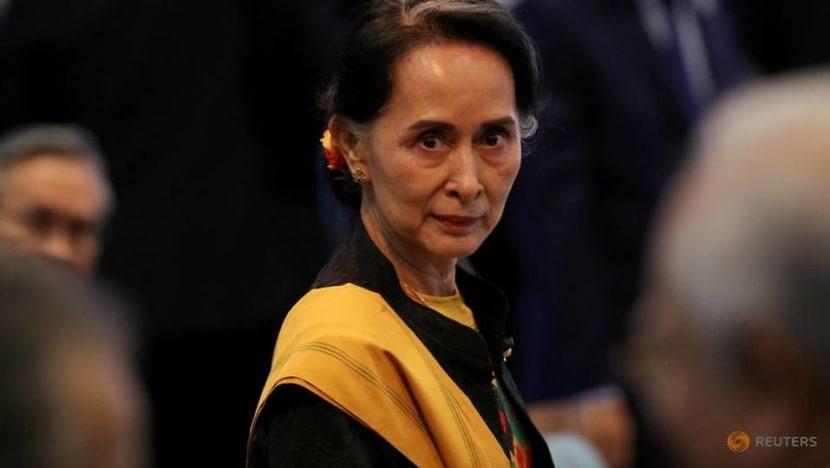
On the other hand, Indonesia, Malaysia and Singapore – and, after some wavering, the Philippines – expressed concern over the coup and urged restraint and a peaceful resolution to the unfolding crisis.
Interestingly, it was Thai prime minister Prayut Chan-o-cha – himself a key player in the 2014 military coup in Thailand – who expressed the importance that the ASEAN nations take a “collective stand” on the issue.
It wasn’t that long ago that ASEAN was roundly criticised for its failure to effectively address Myanmar’s Rohingya crisis, where the military deployed a deadly crackdown on Rohingya Muslims.
READ: Commentary: Myanmar’s coup - end of the power sharing arrangement between military and civilian forces?
READ: Commentary: Why Myanmar voted overwhelmingly for Aung San Suu Kyi again
International claims of ethnic cleansing and even genocide were levelled.
But subsequent ASEAN chairman’s statements and ASEAN summitry joint declarations framed the issue in less black-and-white terms, even broadening the issue to call for an end to “all acts of violence in Rakhine” while refraining from the use of the word Rohingya.
ASEAN’s response seemed hamstrung, as individual member states took varying national stances on the situation, with Indonesia and Malaysia taking a tougher position.
And the regional grouping had little sway over how Myanmar handled the situation, even refraining from pressuring the country to get its house in order.
This time round, in response to the coup, Brunei, in its role as the current chair of ASEAN, issued a statement calling for “dialogue, reconciliation and the return to normalcy” in Myanmar, citing the ASEAN Charter’s democracy principles.
The ASEAN Charter calls for its signatories to adhere to “the rule of law, good governance, the principles of democracy and constitutional government”.
That said, the ASEAN Charter is viewed as an aspirational document that promotes the aforementioned values and principles, while leaving their establishment, implementation and preservation in the hands of the member states themselves.
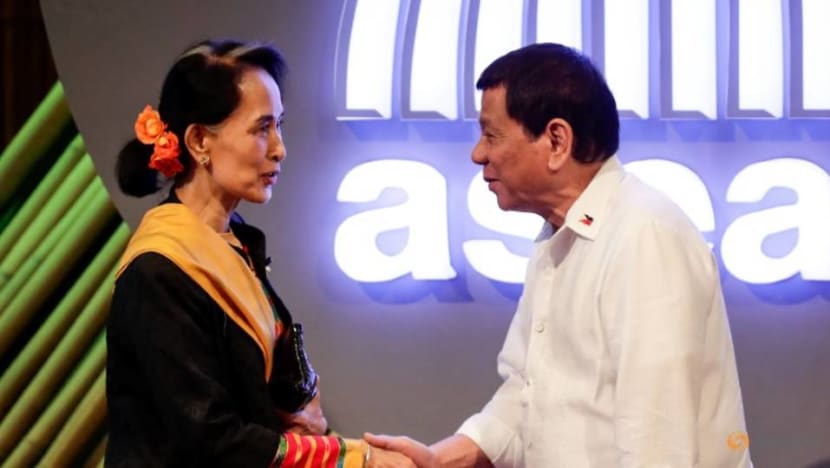
Whether ASEAN is living up to these aspirations is designed to be more open to interpretation than western observers wish for, meaning that ASEAN member states too have more national leeway in how they choose to respond to such crisis.
ASEAN may not have felt that it messed up in its response to the Rohingya crisis, having to balance a multitude of considerations, but the international community expected more from the regional grouping.
ASEAN’S HANDS ARE TIED
Observers typically point to ASEAN’s decision-by-consensus model and doctrine of non-intervention as the perceived hindrances to more decisive and concerted action by the organisation.
The lack of a punitive sanction-based compliance mechanism has also been cited to explain ASEAN’s inability to hold its member states accountable for their failure to adhere to the organisation’s democracy principles, let alone their violations of human rights.
Thus, where its response to the coup goes, the sense that ASEAN’s hands are tied is understandable and expectations as such of what ASEAN is capable of remain low.
READ: Commentary: Can Aung San Suu Kyi’s NLD win again despite not delivering many of its promises?
Indeed, Bilahari Kausikan, a former senior diplomat from Singapore has even gone on record to suggest that membership in ASEAN should not be taken as a given but ought to be revoked if and when member states behave in ways detrimental to the collective interests of the organisation.
And yet, despite these limitations, ASEAN has in the past demonstrated a capacity to work around them in its dealings with Myanmar.
When Cyclone Nargis devastated Myanmar in 2008, ASEAN responded to international outrage over the junta’s mishandling of the crisis by working directly with the military and serving as a conduit for aid from the international community.
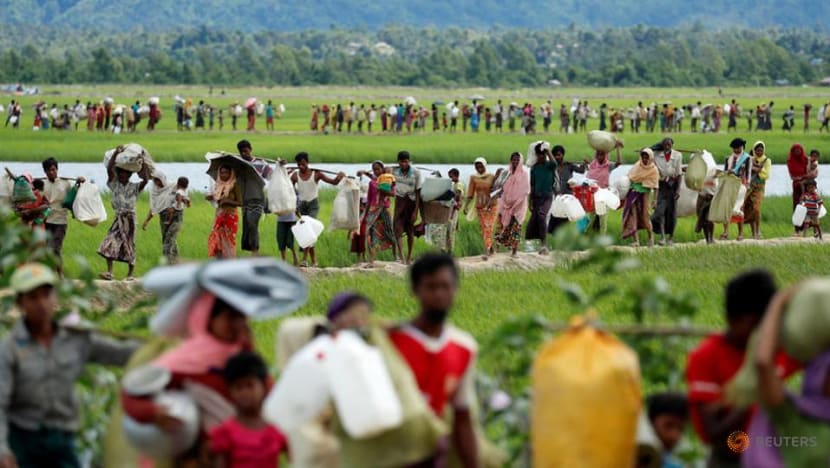
Arguably, it was ASEAN’s engagement effort, among other things, that helped pave the way towards Myanmar’s subsequent political reforms under Prime Minister (and later President) Thein Sein, which led to improved relations with the US, the release of Aung San Suu Kyi from house arrest, and the reinstatement of the NLD as the nation’s major opposition party.
Indeed, Myanmar went to the extent of accepting ASEAN election observers at its parliamentary by-elections in 2012.
ASEAN’s success in that instance suggests the force of collective peer pressure, when judiciously applied at the appropriate stress points, is not to be underestimated – even in conditions where consensus and non-intervention appear to stand in the way.
READ: Commentary: Trump’s playbook on China in the South China Sea has some lessons for the Biden administration
“While ASEAN may work on the principle of consensus, ASEAN also works on the principle of peer pressure, and peer pressure can be very effective”, George Yeo, Singapore’s then foreign minister, noted in 2011.
“And it is not easy for an ASEAN member country to take a rigid position when all the other nine countries are in opposition”, Yeo went on to conclude.
In 2007, the organisation unified on Myanmar and impelled it to postpone its turn that year as ASEAN chair out of concern for its military crackdown on the Saffron Revolution, which saw tens of thousands of Buddhist monks and nuns protesting against the junta.
ASEAN’S ROLE IS UNIQUE, BUT CONSEQUENTIAL
What this implies is that ASEAN’s social power is not inconsequential. But much boils down to what the organisation actually does with it.
As Mathew Davies, a noted Australian expert on ASEAN affairs, argued in a 2012 essay, ASEAN’s ineffectiveness in living up to its declared commitments is not really due to its institutional and normative constraints.
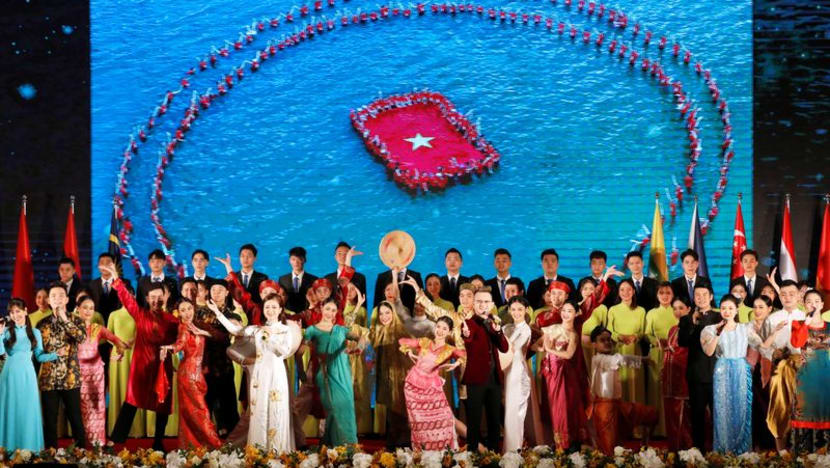
Rather, in Davies’ view, ASEAN’s political strategy has suffered from incoherence because ASEAN and its member states remained more concerned with creating a unified position against external pressure than on developing a single policy towards Myanmar.
Thus understood, while Thailand’s Prayut is correct to call for a collective stand by ASEAN on the coup in Myanmar, will ASEAN member states circle their wagons against the outside world in defence of the newly installed government in Naypyidaw, or jointly engage and pressure it in more positive directions? The choice is really ASEAN’s.
Despite the coup, today’s Myanmar is no longer that under Ne Win, who led the nation down a path of autarky and isolationism, culminating in the “8888 Uprising” and its bloody putdown in August 1988.
READ: Commentary: The RCEP will change the economics and politics of the region
READ: Commentary: RCEP a huge victory in tough times
Coup leader, General Min Aung Hlaing, surely has no intention to reverse Myanmar’s economic progress, but Myanmar is likely to come under assault from the sanctions from western countries in the days and months ahead.
This conceivably provides ASEAN with an opening to continue its longstanding practice of “enhanced interaction” with Myanmar and nudging it towards positive change.
Jürgen Rüland, a noted scholar of Southeast Asian affairs, recently suggested that ASEAN aims to build an international image of itself as a “good global citizen”.
ASEAN dropped the ball on the Rohingya crisis. Hopefully it will do better this time.
Tan See Seng is Professor of International Relations at the S. Rajaratnam School of International Studies, Nanyang Technological University, Singapore.














